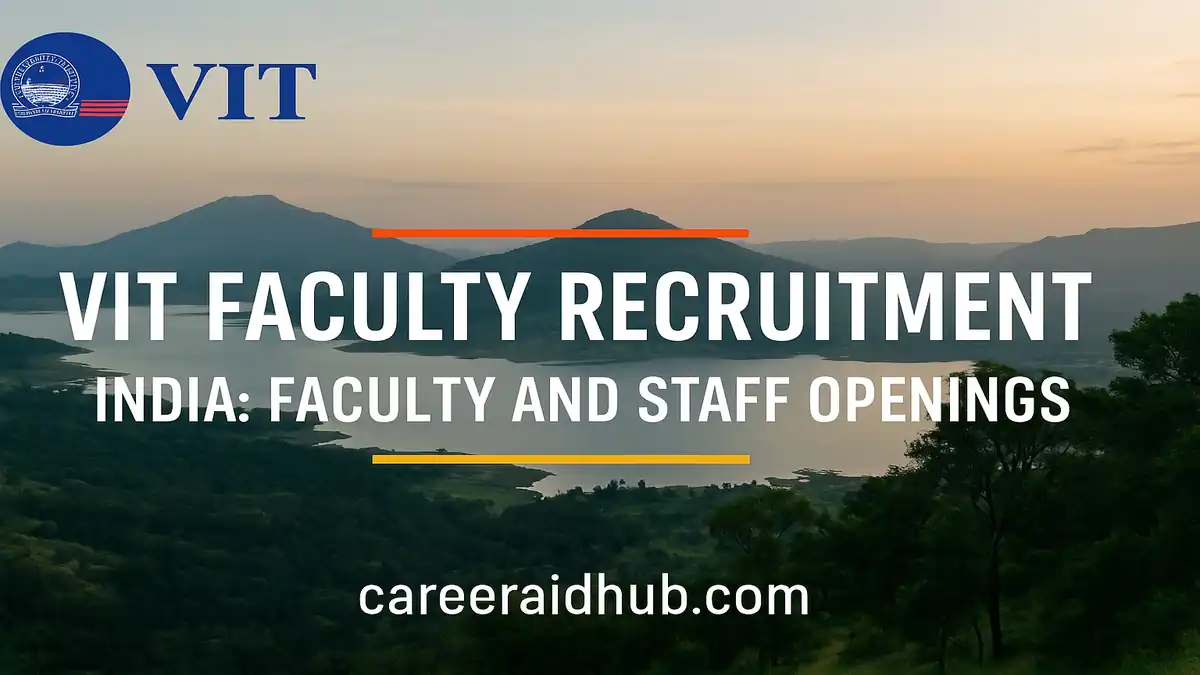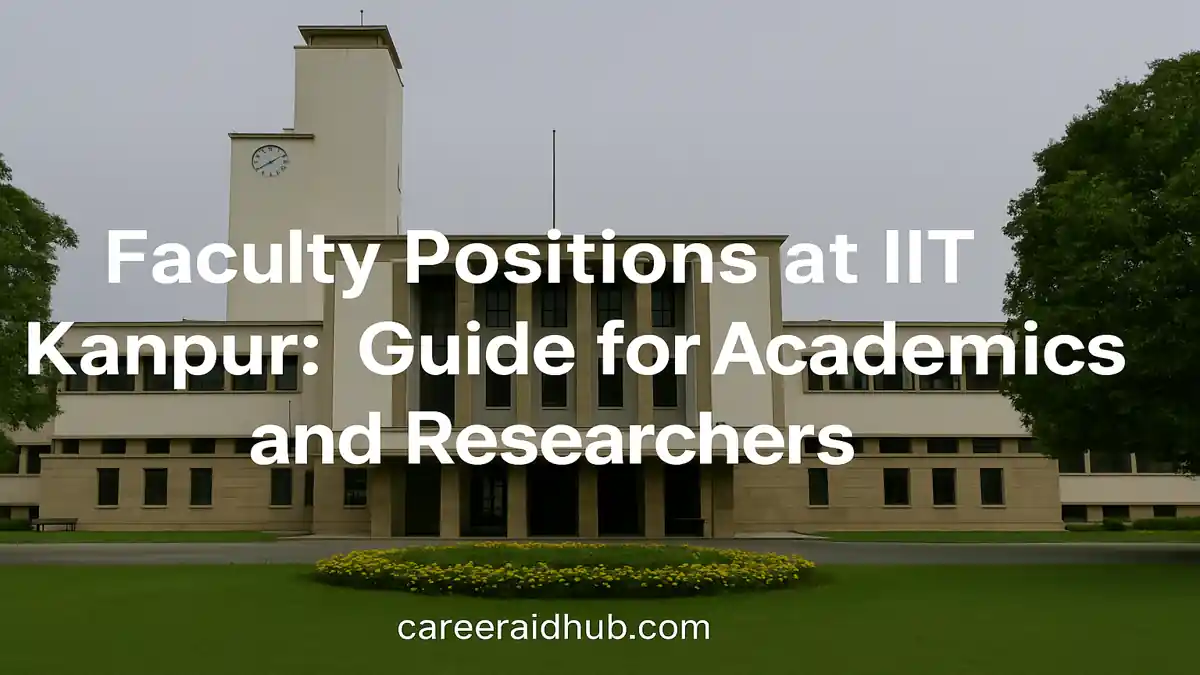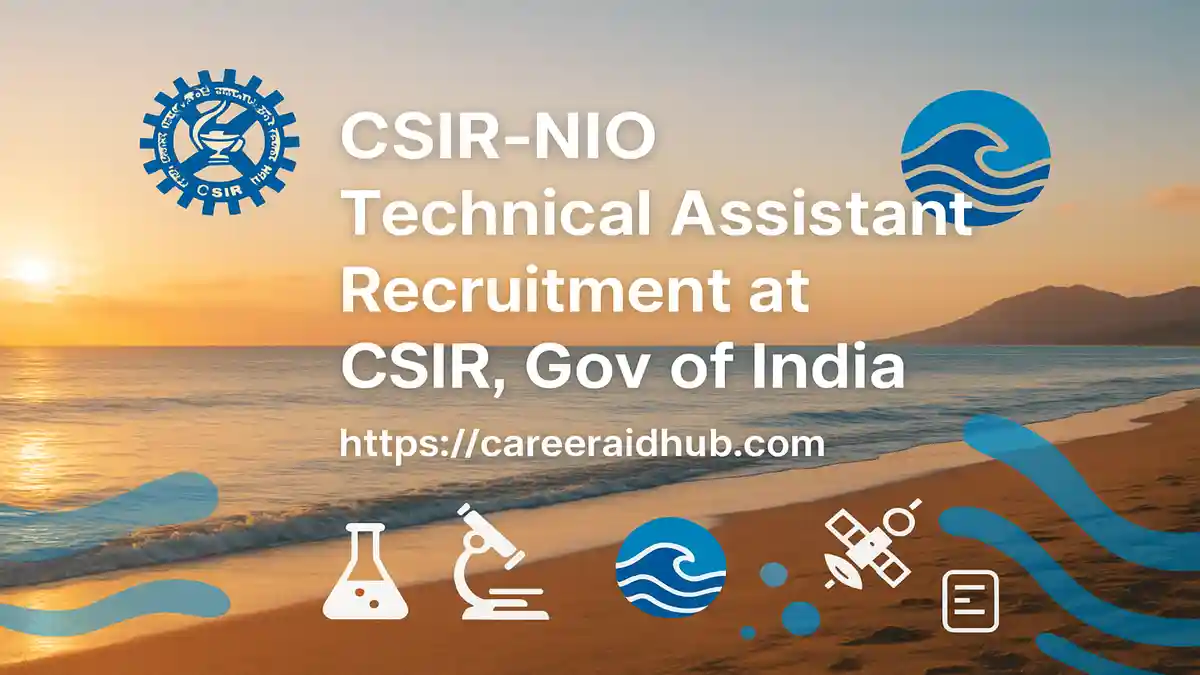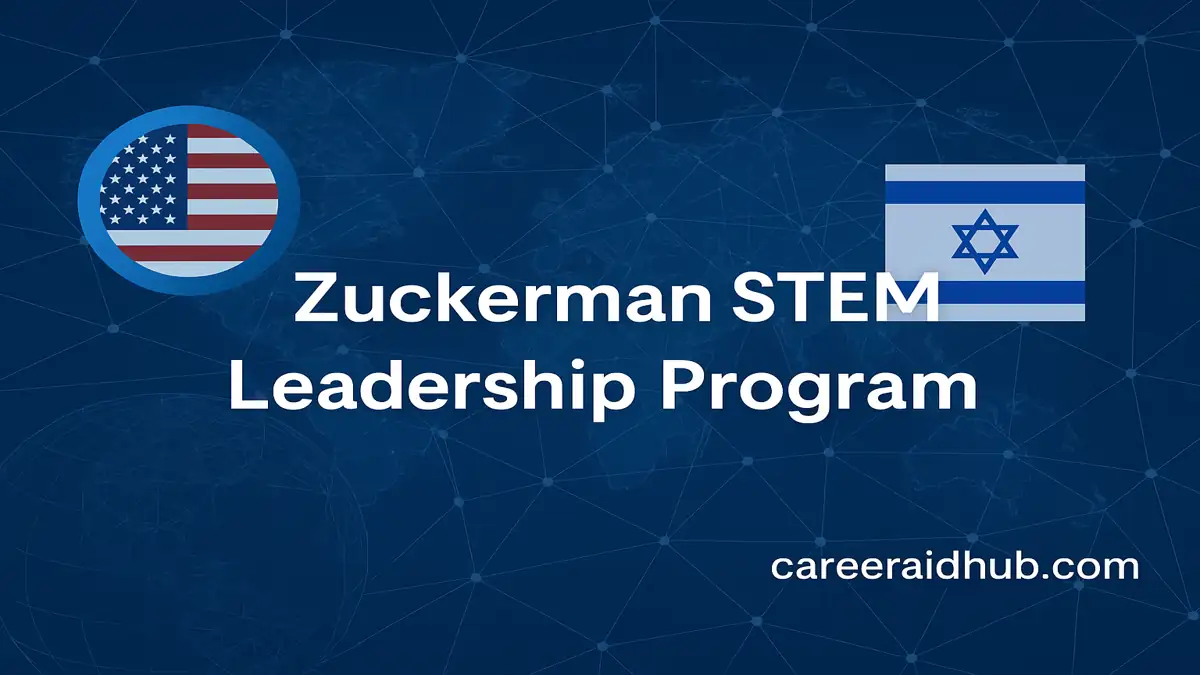Branco Weiss Fellowship 2026: International Postdoctoral Fellowships
What Makes This Fellowship Different
The Branco Weiss Fellowship – Society in Science backs independent postdoctoral projects and allows you to choose or change your host institution globally. Unlike schemes tied to a single lab, this program funds you and your idea, not only a laboratory seat. Furthermore, support can continue even if you transition into a faculty role, preserving project momentum and knowledge continuity.
Flexible funding. The fellowship provides a substantial, multi-year budget that can cover salary and/or research costs—equipment, consumables, fieldwork, travel, collaboration visits, personnel time, and dissemination. Consequently, fellows can design a budget that matches the technical demands and logistics of their research rather than forcing the research to fit a rigid budget line.
Ready to lead bold, cross-disciplinary research with real autonomy? The Branco Weiss Fellowship funds independent, world-anywhere postdoctoral work for up to five years, combining flexibility, mobility, and scale. The current call closes January 15 at 5 p.m. CET. Apply early and submit a complete, polished dossier (see official call: brancoweissfellowship.org/who-should-apply).
Duration, Phases, and the Mid-Term Review
Total term: up to five years delivered in two phases:
Pioneer Phase (Years
1–2)
You establish the scientific foundations: refine questions, validate methods, hire initial support, and secure key infrastructure or datasets. Early outputs—protocols, pilot data, or preliminary publications—de-risk the next stage.
Exploitation Phase (Years 3–5)
You scale and translate: extend experiments, lead collaborations, publish high-impact papers, and pursue technology transfer or policy engagement. A formal review at the end of Year 2 evaluates progress and originality; successful review unlocks the second phase.
Why this structure helps. The split encourages disciplined planning, measurable milestones, and course correction without slowing the overall trajectory.
Who Should Apply
The fellowship targets junior researchers with exceptional promise and genuinely original ideas that cross disciplinary or methodological boundaries. Your proposal should be surprising yet testable, anchored in credible methods, and framed to generate field-changing knowledge rather than incremental results.
Core Eligibility (Snapshot)
-
-
Discipline and nationality: Open to all disciplines and all nationalities.
-
Doctorate: Hold a Ph.D. (or have passed the doctoral exam) by the deadline.
-
Career stage: Ph.D. awarded within five years of the submission deadline (the examination or certificate date is decisive).
-
Age limits: None.
-
Scale: The program typically awards
up to ten fellowships per round, with selection driven by quality and fit.
-
Fit test. If your research requires facility access across countries, unconventional partnerships, or non-linear career moves, this scheme’s portability and independence are likely a strong match.
Timeline to Plan Around
-
-
January 15, 5 p.m. CET: Online submission deadline for complete applications.
-
May: Notifications to applicants; shortlisted candidates receive interview invitations.
-
June: Panel interviews in Zurich; final selection decisions communicated.
-
October–December: Fellowships commence (start date coordinated with host).
-
Next cycle (forecast). Based on historical cadence, expect the subsequent call around November–January—we will update soon with month-specific details once announced.
Planning cue. Work backward from the deadline. Because reference letters and host confirmations can take time, line them up early. Moreover, schedule mock interviews soon after submitting, as the invitation-to-panel window can be short.
What the Panel Looks For
1) Originality with Feasibility
Pose a question the panel has not seen before, then anchor it with a transparent plan: hypotheses, methods, power or robustness checks, and realistic timelines.
2) Proven Independence
Show how you—not only your former group—will
3) Global Fit and Mobility
Justify your host choice(s) in terms of facilities, field access, supervision culture, and complementary expertise. If a relocation later will materially improve outcomes, explain the trigger and plan.
4) Societal Perspective
Situate the work within a broader societal context. Identify stakeholders, users, or policy hooks specifically; avoid generic claims. Outline responsible research practices and data stewardship.
5) Track Record with Trajectory
Select outputs that show depth and direction—seminal papers, methods, datasets, patents, or influential talks. Briefly state your contribution to each.
Budgeting Smartly
Because the budget may cover salary and/or research costs, align allocations tightly with milestones:
-
-
People: your time plus targeted support (e.g., a research assistant, field technician, or part-time engineer).
-
Infrastructure & data: instrument time, compute, storage, field logistics, or specialized software.
-
Mobility: collaboration visits, user research, and dissemination; plan for policy or industry touchpoints if relevant.
-
Contingency: reserve a modest buffer for unforeseeable costs.
-
Tip. Review institutional overhead policies and ethics requirements early; clarity here prevents
Choosing a Host Institution
You can start at one institution and, if necessary, move later. That freedom makes it feasible to pursue longitudinal fieldwork, multi-site experiments, or staged access to specialized facilities. Nonetheless, prioritize a primary host with:
-
-
documented supervisory support;
-
access to essential infrastructure;
-
strong compliance offices for ethics, data, IP, and contracts;
-
administrative capacity to manage a multi-year external fellowship.
-
If you anticipate transitioning to a faculty role during the award, plan workload and support so teaching does not compromise critical project phases.
How to Apply (and What to Prepare)
While the portal specifics may evolve, you should expect to prepare and label the following clearly:
Required Documents (Typical)
-
-
Research proposal: aims, background, novelty, hypotheses, methods, milestones, risks, and expected outcomes.
-
CV and selected publications: annotate key contributions to show leadership and originality.
-
Host letter(s) of support: confirm resources, space, and fit.
-
Reference letters: brief referees with a one-page summary and hard deadline.
-
Ethics/compliance statements: for human participants, animals, sensitive data, or environmental permits.
-
Submission discipline. Upload early and verify PDF legibility, file names, and page limits. The portal closes automatically at 5 p.m. CET; late uploads are not accepted.
Interview Preparation: What Works
-
-
Open with the idea. State the problem, why it matters now, and your unique angle in under a minute.
-
Walk the logic. Novelty → testable claims → methods → milestones → outcomes.
-
Own the risk. Name the hardest technical or conceptual risks and your plan B/C.
-
Use plain language. Reviewers may span disciplines; clarity outperforms jargon.
-
Carry one budget/team slide. Demonstrate execution readiness within the fellowship envelope.
-
Program Snapshot (Copy-Ready Table)
| Feature | Details |
|---|---|
| Program Name | Branco Weiss Fellowship – Society in Science |
| Host Country | Global (host institution may be in any country/region) |
| Funded By | The Branco Weiss Fellowship – Society in Science |
| Duration | Up to 5 years (in two phases) |
| Study Mode | Full-time, Independent Postdoctoral research |
| Eligibility | Ph.D. by deadline; within five years of award; open to all nationalities and disciplines |
| Financial Support | Flexible budget supporting salary and/or research costs (e.g., personnel, equipment, travel, fieldwork, dissemination) |
| Fields of Study | All fields; cross-disciplinary and high-risk/high-reward proposals encouraged |
| Deadline | 01/15/2026 |
| Official Website | Brancoweiss Fellowship |
Next cycle (forecast). Anticipated announcement around November–January — we will update soon.
Conclusion
The Branco Weiss Fellowship offers a rare combination of independence, portability, and multi-year resourcing that lets promising researchers pursue ambitious, cross-disciplinary science without geographic constraints. If your project is original, feasible, and societally meaningful, assemble a concise, evidence-rich application and submit before the portal closes. For authoritative requirements, consult the official pages: brancoweissfellowship.org/who-should-apply.
Frequently Asked Questions
It funds bold, independent postdoctoral research across disciplines. Moreover, early-career scientists with original, high-risk/high-reward ideas and strong track records should apply.
Yes. The fellowship accepts applicants from any country and discipline; furthermore, it encourages cross-disciplinary, societally relevant proposals.
The fellowship generally supports up to five years of work with a flexible budget. Additionally, fellows may allocate funds to salary and research costs.
Yes. You may select the best host and, if necessary, later relocate; however, you must justify moves based on project needs.
Applicants must hold a PhD by the deadline and remain within an early-career window. Additionally, proposals must demonstrate independence, feasibility, and significant originality.
Competition is strong. Therefore, reviewers prioritize novelty, rigorous methods, independence, and societal relevance over quotas or narrow metrics.
Prepare a research proposal, CV with selected publications, host support letter(s), and references. Moreover, include ethics or compliance statements when applicable.
Lead with the problem and originality. Then, present hypotheses, methods, milestones, risk mitigation, and expected outcomes using clear, jargon-light language.
After two years, evaluators assess progress, originality, and feasibility. Consequently, a positive review unlocks continued funding for the remaining term.
Fellows typically begin in the final quarter of the calendar year; however, precise start dates depend on selection timelines and host arrangements.
Premium Mentorship for a Stronger Application
- Premium Mentorship: personalised 1:1 guidance for this and similar opportunities
- In-depth review of your CV, academic profile, and key statements
- Aligned with international selection criteria so your profile matches what panels expect
- Stronger, more compelling narrative for highly competitive calls
- Step-by-step support from opportunity mapping to final submission (fee-based)










